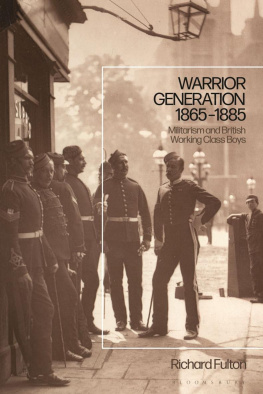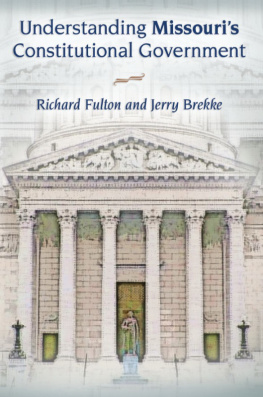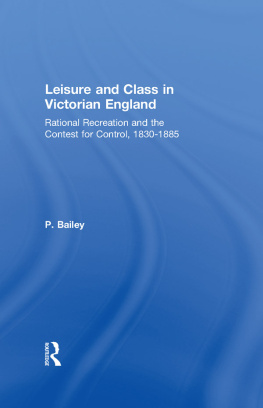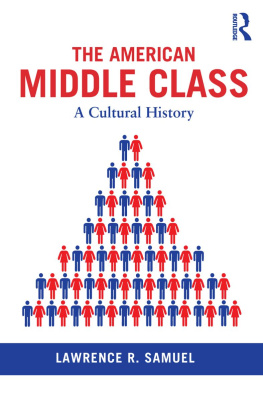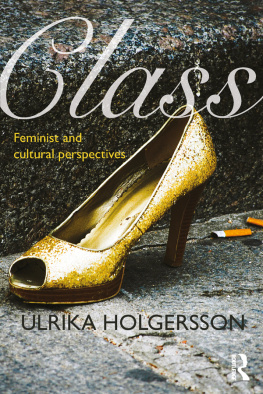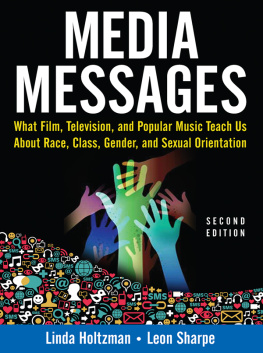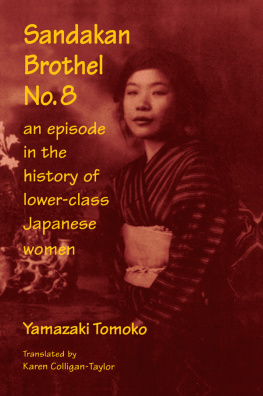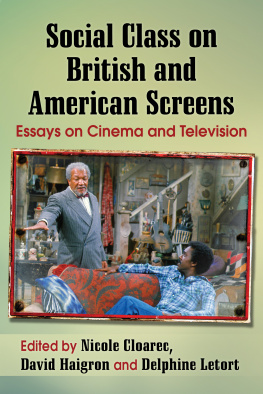For the last fifteen years of my active academic career as this project took shape I served as the Chief Academic Officer of two community colleges: Whatcom Community College in Bellingham, Washington, and Windward Community College in Kaneohe, Hawaii. After I retired in 2013, I took on interim assignments at three community colleges who found themselves temporarily in need of an Academic Vice President: Brookdale Community College in Lincroft, New Jersey; Mercer Community College in West Windsor, New Jersey; and Northeast Lakeview Community College in San Antonio, Texas. At each of these stops I was generously supported by librarians who went out of their way to find books on interlibrary loan, get database access, call in favors from colleagues at nearby research universities, and generally offer advice. So, to librarians Dal Symes, Linda Lambert, Howard Fuller, and Kiki Tommila at Whatcom Community College; Tara Severns at Windward Community College; David Murray and Steve Chudnick at Brookdale Community College; Pamela Price at Mercer Community College; and Tracey Mendoza at Northeast Lakeview Community College, you have my profoundest gratitude.
In addition, Professor Todd Butler, chair of the English Department at Washington State University, appointed me Visiting Faculty Member so I could, among other things, have access to the WSU Libraries through the internet. Todd, and librarians Ben Weller and Susan Shipman, helped in many ways, not the least of which was being available to answer questions at odd times, often between terms.
I thank Brian Richardson, librarian at the University of Hawaii-Manoa, Peter Hoffenberg, associate professor of History at the University of Hawaii-Manoa, and Alan Cottrell, retired dean at Northeast Lakeview College, for reading, critiquing, advising, and generally offering moral support.
I also wish to thank the late Harold Heiner and Kathi Hiyane-Brown, presidents of Whatcom Community College, and Angela Meixell and Doug Dykstra, chancellors of Windward Community College, for their support (financial and otherwise) in sending me off to do research and present papers at conferences from Perth, Australia to London, UK.
Thanks also to the officers and members of the Victorian Interdisciplinary Studies Association of the Western United States, the Victorian Studies Association of Western Canada, the Australasian Victorian Studies Association, the Research Society for Victorian Periodicals, the University of London School of Advanced Studies, and the organizers, presenters, and attendees of the 2001 Locating the Victorians Conference in London, who participated in the work in progress at their conferences over the last nineteen years.
And most importantly, thanks to Debra Lee, wife and best friend, who assisted in research at the old British Library periodicals facility at Colindale, listened to conference presentations, and exhibited unending patience while I locked myself away reading and writing. Without you none of this happens.
Early in the morning of September 2, 1898, Brevet Major General Sir Herbert Horatio Kitchener, Sirdar (commander in chief) of the Egyptian army, led a force of some 25,000 Egyptian, British, and Sudanese troops against an army of around 60,000 Sudanese Mahdists in the decisive battle of what Winston Churchill called the River War at Omdurman. The battle was spectacularly one-sided; by noon, some 12,000 Mahdists lay dead with another 13,000 wounded and 5,000 captured; Kitcheners forces suffered 47 dead and 387 wounded.
Omdurman was the culmination of a two-year campaign whose justification by various cabinet officials changed regularly, from providing security for southern Egypt to providing cover for the Italians in Abyssinia (ensuring that savage troops would not succeed in humiliating a civilized army), to ending the purported slave trade in Southern Sudan, to avenging GordonCharles George Chinese Gordon, the iconic hero of battles stretching from China to Africawho had been killed by the Mahdists in Khartoum in January 1885. To be sure, many in the British government had long entertained concerns about the growing power and influence of Mahdism, either a cult or a new branch of Islam, depending on ones point of view, that had sprung up in the Southern Sudan in the early 1880s, led by a peasant mystic named Muhammad Ahmed. Ahmed preached jihad against both corrupt Egyptians and the English, and his Islamic purity led to his being proclaimed Mahdi , guided by God. Shortly after the Mahdis followers had taken over Khartoum and killed Gordon, the Mahdi himself died; his leadership of the jihad was passed on to his chief lieutenant Abdullahi, who took the title Khalifa, continued to refer to the Mahdi as the spiritual leader of the jihad, and continued aggressive raids against neighboring peoples in his campaign to spread Islamic purity.
No matter the varying official explanations, the war against Mahdism had been cast in the popular press as a campaign to avenge Gordon. Kitcheners victory set off months of celebration across Britain, pitched to what could only be described as a sensation; it made Kitcheners reputation as a tactical genius and led him on to further adventures commanding British forces in South Africa and serving as Secretary of State for War during the Great War; it solidified the Liberal Imperial strategy of expanding the Empire; and it contributed to temporarily popularizing the army in the public eye, which set off nervous complaints among many anti-militarists and pacifists about the militarization of British culture.
Why did this now nearly forgotten campaign resonate so strongly with the public in 1898? Why did the war correspondents insist on singling out (or manufacturing) heroes? Why the loving detail in the dispatches about tactics, weaponry, and individual actions, and how did that affect readers? Why the sensation that followed the victory, the parades and costume balls, the entertainments and instant books, and the general commodification of the army and of all things Sudan? And particularly, why the universal adulation of the army after the victories over the Mahdists at Firket and Atbara and, ultimately, Omdurman, and why did the adulation cut across class lines? Specifically, why would the lower classes, who seemed to have had little use for the army and certainly no interest in Imperial adventures like the Omdurman Campaign participate so enthusiastically in the celebration of Britains military prowess against a far away, rather primitive people?

